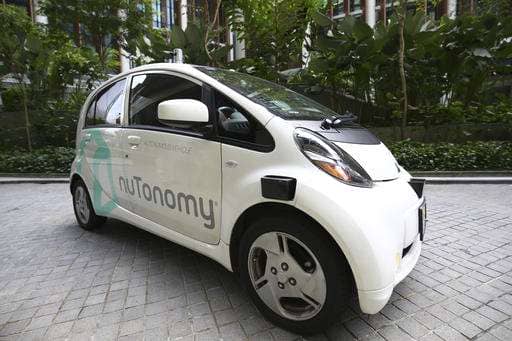One of the prerequisites of effective fleet management is knowing the best fuel type for the fleet. There are several fuel alternatives on the market and it is crucial to understand what your fleet needs. The real challenge is how to identify the right fuel your fleet requires.
Not long ago, the only fuel types available on the market were petrol and diesel, but we now have hybrid and electric vehicles. Automobile companies have realized the need to create cost-effective and eco-friendly vehicles, hence the creation of hybrids and electric vehicles. This has given fleet managers numerous options regarding which engines to go for, but this is not the only factor.
There is no single strategy for determining the best fuel type. You have to consider how efficient and sustainable the fuel is, the operational needs, tax implications, and fuel expense. Based on the fuel options we currently have, below is a selection strategy guide.
Compare how the fuel types can meet your business needs
Every business has objectives that have to be met. You should know which fuel type will be the most effective in meeting your needs. In order to do this, you have to ask yourself the following questions:
Who will be driving the vehicle? A commercial truck driver or a salesperson?
What goods will the vehicle be carrying?
How frequent will the vehicle be making trips? Daily, weekly…
What distance will the vehicle be covering? Short or long?
Why the particular fuel choice? Is it for sustainability or meeting regulatory needs?
Once you can obtain answers to the above questions, you can create a strategy good enough to help control fuel usage. At the same time, you can use tracking systems for route optimization to save time and fuel. If you want trackers for your fleet, then click here.
Do not fall behind the curve
Sustainable fleet management calls for the anticipation of fuel and maintenance costs for each vehicle. For you to do this, you have to come up with a total cost ownership (TCO) model.
The manner in which the vehicle is used and various fuel alternatives can affect your TCO. Therefore, it is crucial consider the following factors in your fuel selection strategy:
Fuel economy
Fuel economy varies depending on the region where the vehicle operates. A vehicle can do exceptionally well in one region and poorly in another. This can make fuel saving difficult, especially if you are going to use the same vehicle models across all regions.
Emissions
One of the causes behind climate change is emissions from vehicles. This has necessitated the need for developing vehicles that are eco-friendly. If your business is into any sustainability initiatives, then controlling emissions is one of the best way to take part. There is increased pressure for fleets to manage the emissions in the atmosphere. What better way to do that than selecting fuel types with minimal emissions?
Conclusion
As you assess the various fuel choices, first look at the bigger picture before narrowing it down to various individual aspects. Fuel choice can be determined by sustainability, fuel economy, fuel costs, and maintenance requirements. Look at these factors in detail before deciding which fuel type you will opt for.


